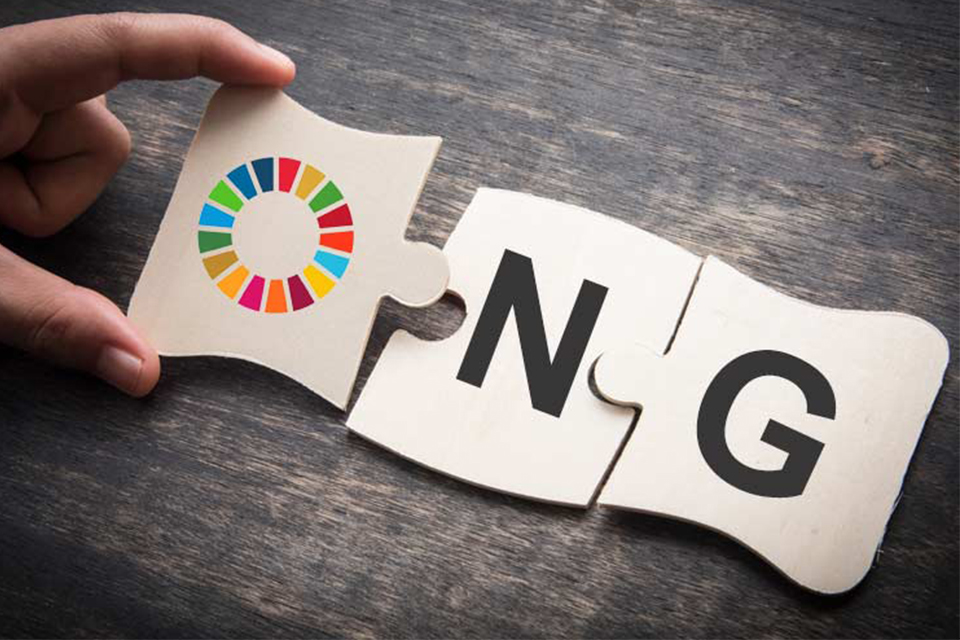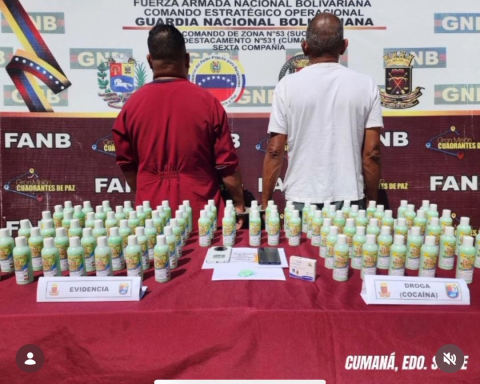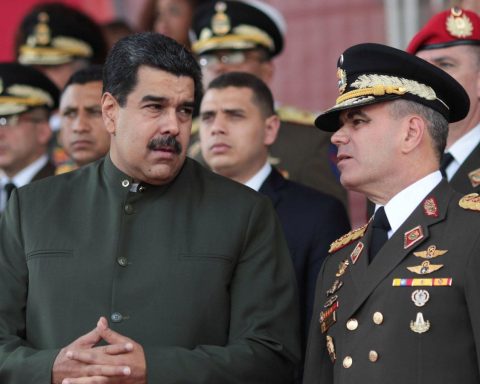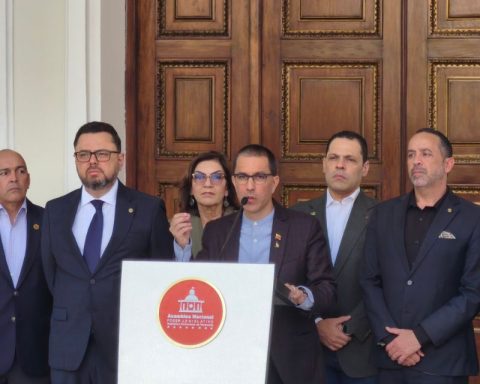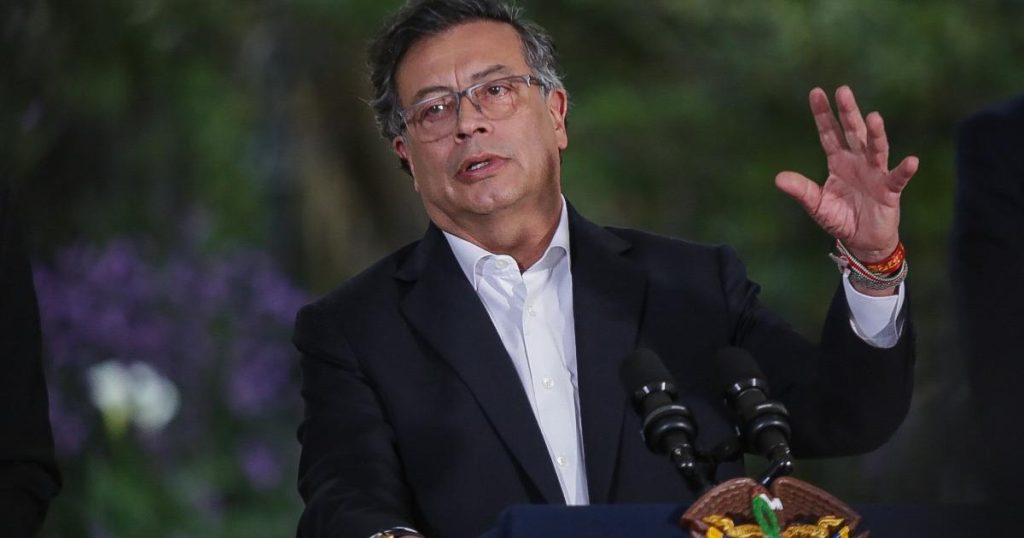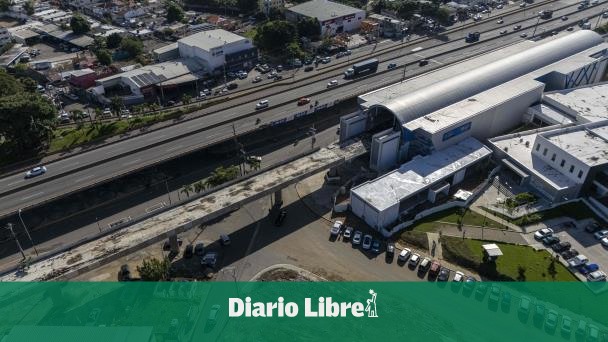The new Law on Supervision, Regularization and Financing of NGOs and Social Organizations seeks the dissolution of different forms of civil association, violating this right enshrined in the Constitution
On December 3, 2024, the Law on Supervision, Regularization and Financing of NGOs and Non-Profit Social Organizations, approved by the Assembly National on August 15, 2024.
This law not only involves regulating the work of social organizations, but also establishes their dissolution in the event that they do not comply with the requirements established by it. And this is precisely what different NGOs in Venezuela that work to support victims of human rights violations denounce, since this implies not only their disappearance but also directly affects the beneficiaries.
*Read also: Law against NGOs was published in the Official Gazette: an “attack” on civic space
Among the key aspects to understand the scope of this law, we have:
Who does the law regulate?
In accordance with article 2, the subjects of application of this law are “natural and legal persons under public or private law, national or foreign, who carry out activities in the Bolivarian Republic of Venezuela, who acquire by legal or de facto means. , the form of social organizations, non-governmental organizations, foundations and non-profit civil entities, which develop non-financial activities, including those carried out through electronic means.
Exceptions are those that are governed by a special law, such as unions, political parties, professional associations and others, explains the NGO. Access to Justice.
Mandatory registration
The law establishes that in addition to the conditions provided in the Civil Code for the constitution of NGOs, it must go through a mandatory registration with the name, address, purpose of the association, corporation or foundation, and the way in which it will be administered and directed.
In addition, they must keep updated accounting records, render annual accounts to their members and notify about financing or donations.
In this regard, the NGO Acceso a la Justicia adds that “the law imposes an accountability regime even applicable to organizations that do not manage economic resources, violating their normative and organizational autonomy.”
It also violates recommendation 8 of the Financial Action Task Force (FATF) which mandates the protection of non-profit organizations in the regulation of the fight against terrorism, in the sense that they are “focused and proportional measures, in line with the risk-based approach.
Who authorizes the constitution and operation of NGOs or non-profit organizations?
The executive vice president of the Republic “may establish the obligation to demonstrate registration, for the purposes of carrying out certain administrative procedures, or obtaining authorizations or benefits from the national Executive. The ministers of popular power may also establish the obligation indicated in the previous section, with respect to the procedures and procedures under their jurisdiction, or attributed to the entities assigned to their office.
Bans
The law prohibits organizations:
● Receive contributions intended for organizations with political purposes
● Carry out political activities
● Promote or allow actions that threaten national stability and the institutions of the Republic
● Any other act prohibited in Venezuelan legislation.
What are the sanctions?
At this point, Acceso a la Justicia explains that “the punitive nature of the law is derived from the simple enumeration of the sanctions it establishes: fines, cancellation of registration, preventive measure of suspension, dissolution, cancellation of the registration of non-domiciled organizations , and expulsion from the country of foreign members of a non-domiciled organization.
Failure to timely record planned acts or events, failure to notify about financing received or failure to maintain accounting records in accordance with regulations, are considered formal illicit and entail fines.
One of the sanctions is the “preventive measure” of suspension, that is, an unlimited temporary closure, which puts the continuity of the organization at risk, until a court decides on its legality.
The fines range, for a first offense, from 100 to 1,000 dollars, and in case of a repeat offense, from 500 to 10 thousand dollars.
“In the event that the offense is due to the lack of notification of a contribution or donation, the fine will be double the amount received, and the corresponding civil and criminal responsibilities will also remain pending (article 36).”
How does this law affect civil society?
The fact that the law not only covers non-governmental human rights organizations, but any other type of non-profit organization in the series of conditions and restrictions to be established, violates the right of free association and participation in public affairs. that enshrines the Constitution.
Post Views: 32
